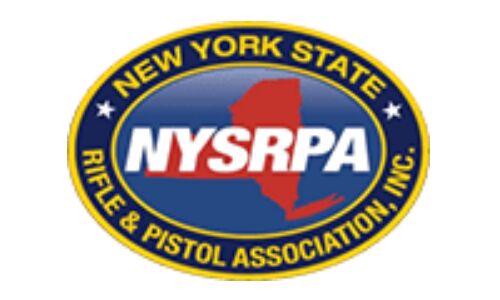Previously, I discussed an ongoing court case with potentially national repercussions. In that case, the New York State Rifle and Pistol Association (NYSRPA) was challenging portions of the New York City code. The part that promised potentially national implications was NYSRPA’s request that the Supreme Court rule that all 2nd Amendment cases be subject to strict scrutiny. If you want to avoid a recap of the previous article, skip to the subheading New Developments.
The Case – A Recap
In my previous article, I mentioned the basis of the lawsuit. Under a New York City rule, gun owners couldn’t transport their legal handguns outside the city limits. This includes places of business, gun ranges, even homes. Plaintiffs sued, alleging that this law was unconstitutional. In addition, they requested that the court apply strict scrutiny to the case, and to all 2nd Amendment cases.
Strict scrutiny, if applied to all 2nd Amendment cases, would entail all gun laws being subject to three tests. Once the court determines that strict scrutiny should be applied, the challenged law or policy is presumed to be unconstitutional. The government has to prove it passes the strict scrutiny tests. First, the law or policy must serve a compelling government interest. Secondly, the law must be narrowly tailored to achieve that interest. Thirdly, it must be the least restrictive means of achieving that interest.
New Developments
The most recent development in the case is a filing from the City of New York. In it, they requested that the Supreme Court halt progress on the case in advance of a rule change. The NYPD is changing the rule that the lawsuit rests on. They propose allowing New York City gun owners to transport their handgun to anywhere they’re legally allowed to possess the handgun.
If this rule is adopted, it could render the case moot. In other words, the plaintiffs would have no case. SCOTUS would not be able to issue a ruling. However, the story doesn’t end there. There is an exception to mootness called Voluntary Mootness. If the Supreme Court believes that the defendant voluntarily terminated the unlawful conduct, but is capable of resuming it at any time, they may decide that the case is not moot, and still hear it.
 Your Privacy Choices
Your Privacy Choices
